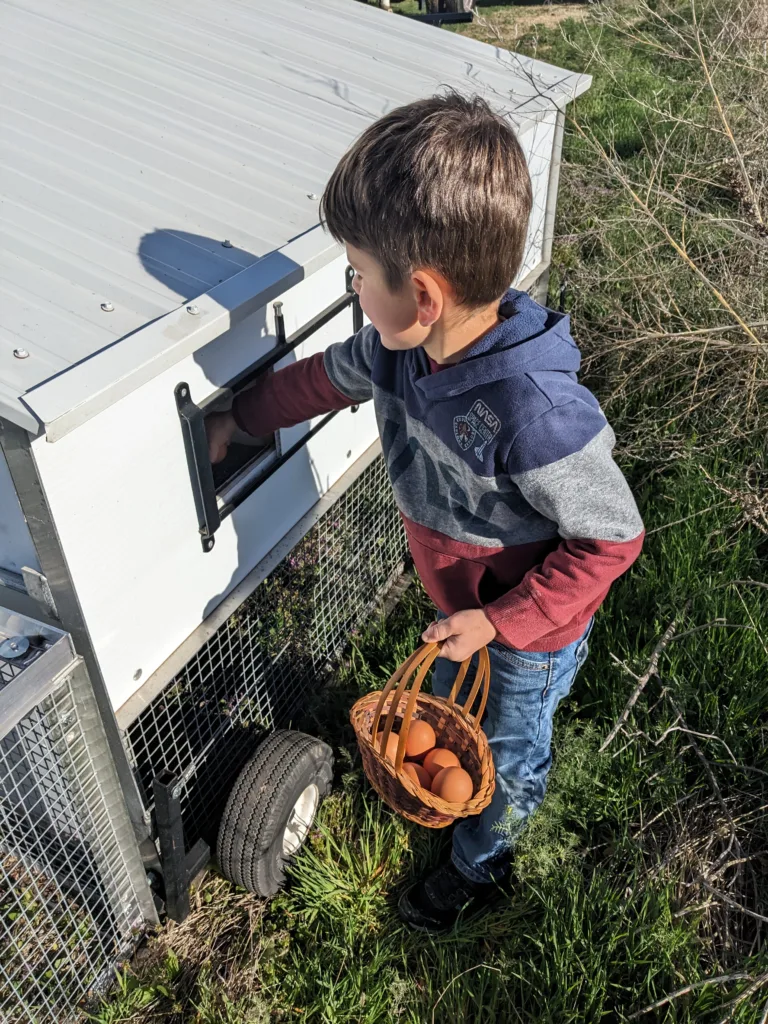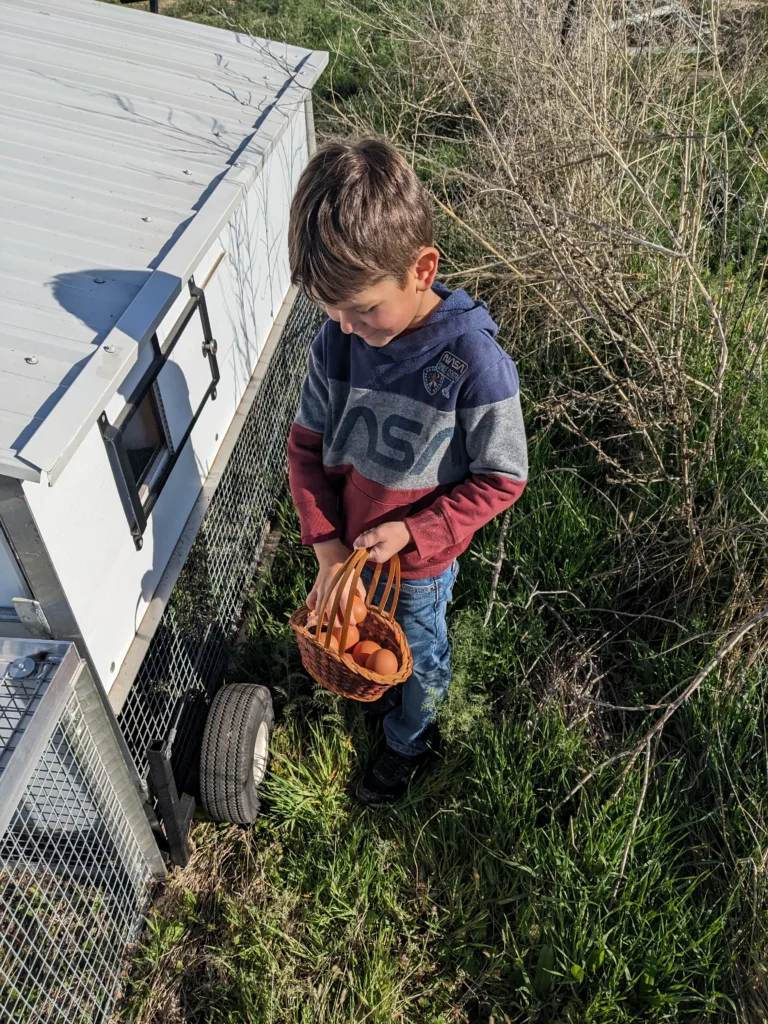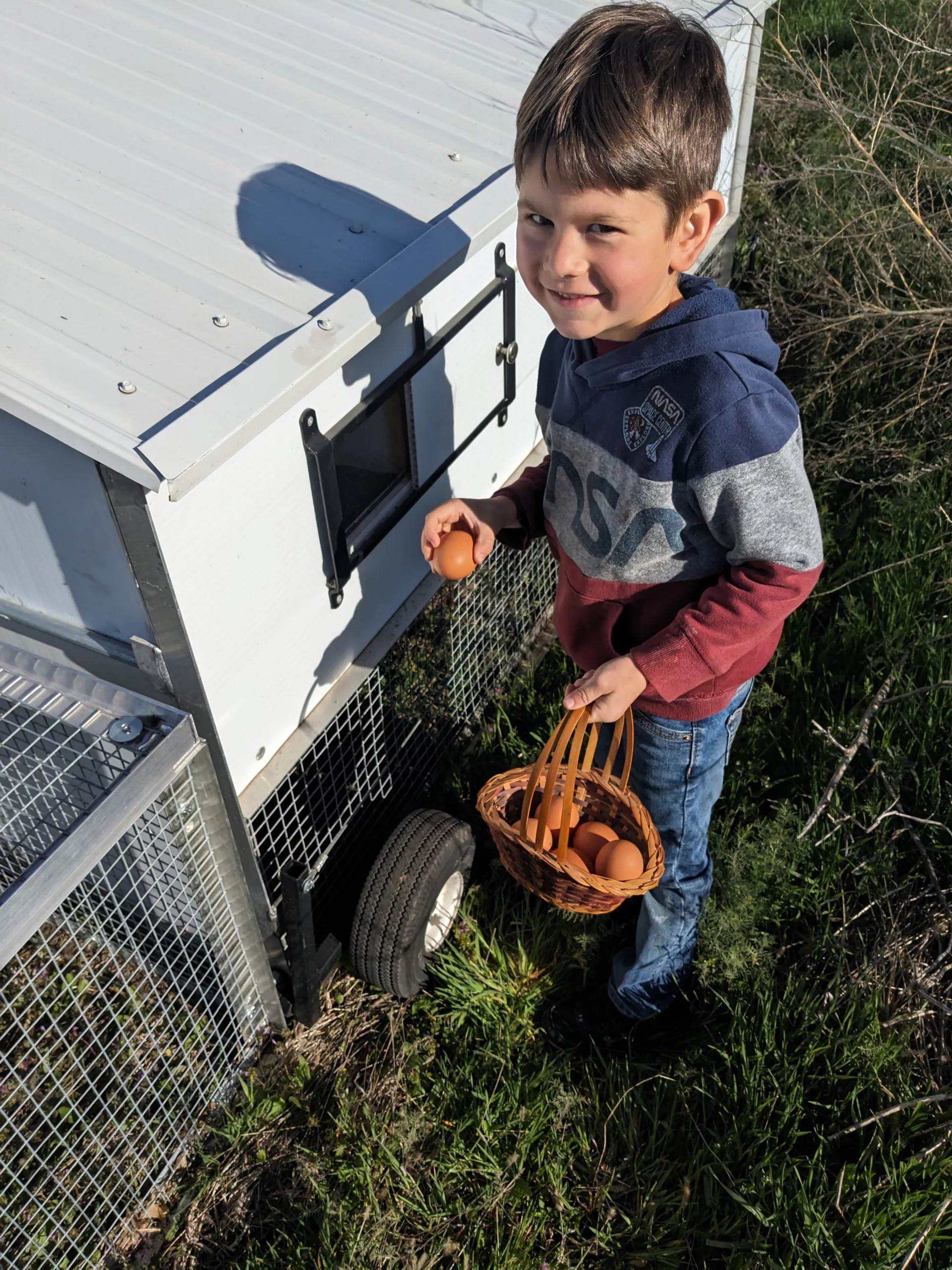
Last week, one of the largest egg production companies in the nation Cal-Maine Foods, Inc., detected the presence of Avian bird flu at one of their facilities. The outbreak is reported to have caused the loss of 1.6 million laying hens and 337,000 pullets.
Now, we’re not fans of apocalyptic fear-mongering, but I think this situation illustrates the ever-present fragility of the current consolidated food system. Depending on large corporations to produce all of our staple foods is unwise, to say the least. For instance, why were there nearly 2,000,000 birds in the same facility just waiting to share whatever virus came around. While large consolidated production facilities can certainly produce eggs more efficiently (several news sources even aptly called it a “chicken egg manufacturer”), this mass production gives a false sense of security in a system that is actually more vulnerable than localized production.
Authorities are saying that the risk of infections to humans is very low, but an outbreak like this can cause significant shortages and spike grocery store prices. The best thing you can do is find local food sources that are less likely to be affected by such outbreaks. Better yet, become a local food producer. The more we diversify and localize our food sources, the more stable the whole food production system becomes. Not to mention the difference in quality and nutritional content of locally produced (especially pastured) eggs.

You don’t have to be a full-fledged homesteader to make a difference. Keeping a few chickens for daily eggs or keeping a small garden with a few favorite veggies goes a long way toward stabilizing your food sources. And if you can go one step further and have enough to share/sell a bit to your neighbors, then you’re really starting to shake your dependency on the corporate food factories.





Leave a Reply